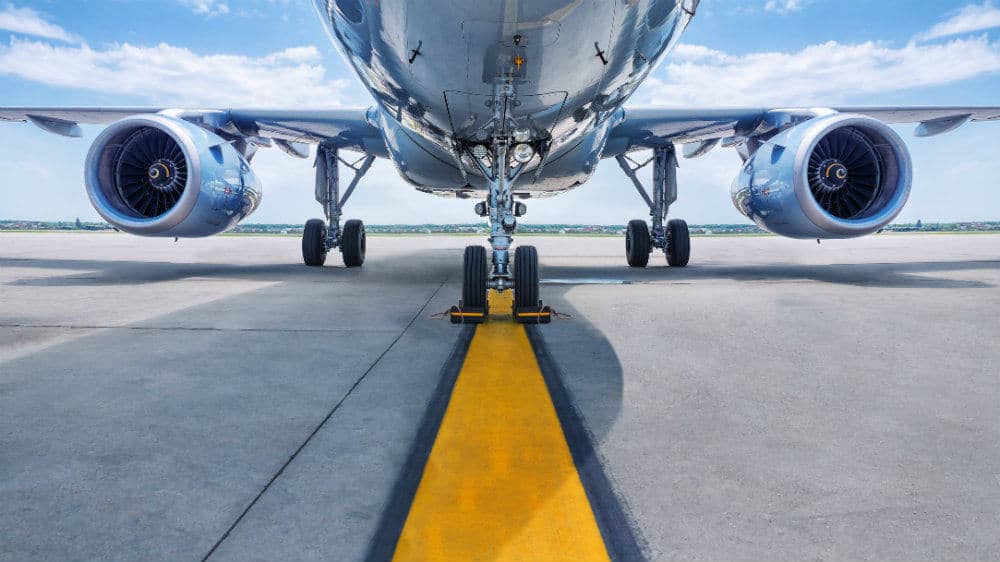Shares of Canada’s leading aviation company Air Canada (TSX:AC) are trading $25.1, which means it has gained 23% in February. It has been just over a year since the world was hit by the dreaded COVID-19 pandemic. The coronavirus bought global economies to a standstill, as airlines were grounded and international borders were shut.
Air Canada and its peers saw a steep decline in stock prices as a result. In fact, Air Canada was one of the top-performing stocks on the TSX in the decade prior to the pandemic when it gained a staggering 3,600% in that period.
Air Canada stock was trading at $52 a share at the start of 2020 and fell to a multi-year low of $9.26 in March last year. It has since recovered but is still trading 50% below its record high.
The outlook for Air Canada and its peers look grim
The global aviation industry lost a massive US$118.5 billion last year. In October 2020, IATA (International Air Transport Association) had forecast the industry to post losses of US$38.7 billion in 2021, up from the previous estimates of US$15.8 billion it forecast last June.
Now, IATA has revised this figure and expects the airline sector to lose between US$75 billion and US$95 billion in 2021. The slow rollout of vaccines and the emergence of multiple strains have meant that governments all around the world have banned non-essential travel.
The accelerated shift towards the work-from-home trend may change the nature of business travel for good. It indicates there is a decent chance that air travel is unlikely to reach pre-COVID-19 levels for several years.
What’s next for investors?
The airline sector is a capital-intensive one. So, in order to lease or buy aircrafts, companies take on debt. When the economy is booming, the travel and tourism sector is one of the best-performing industries. Alternatively, in a downturn or recession, this sector is generally the last to recover.
In 2020, Air Canada was flying at just 5% of peak capacity when COVID-19 lockdowns were announced. This meant the company had to raise additional debt to cover high-interest costs and operating expenses. So, while demand for air travel was spiraling downwards, Air Canada still had to make regular interest payments.
The company was losing around $1 billion each quarter and the cash burn is expected to continue this year as well. Air Canada ended 2020 with $8 billion in liquidity, which means it still has two years of runway, giving it enough time to stage a comeback.
The Foolish takeaway
Airline companies are largely dependent on optimum capacity utilization in order to generate consistent profits. So, Air Canada will have to ensure that capacity utilization is over 90% to book a profit. Even if airline demand surges by 500% this year, it will mean capacity utilization will remain around 50%.
Investors should expect several quarters of massive losses in Air Canada. This makes the stock extremely risky and volatile. But with high risks come high returns. Investors should also note that even though the company may file for bankruptcy in the near future, a government bailout is almost guaranteed.









